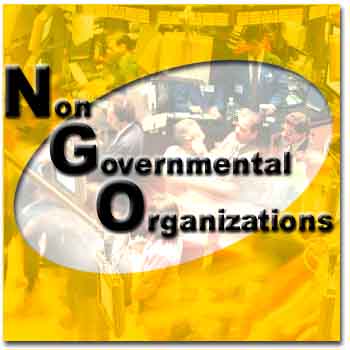Marketing, while often celebrated for its triumphs, is not immune to mistakes. Companies, regardless of their size or industry, occasionally find themselves in the midst of marketing blunders that can have lasting consequences. In this article, we’ll explore some notable marketing missteps and the valuable lessons they offer.
- Pepsi’s Kendall Jenner Ad:
In 2017, Pepsi released an advertisement featuring model Kendall Jenner seemingly diffusing tensions between protesters and police by offering a can of Pepsi. The ad was widely criticized for trivializing social justice movements and exploiting serious issues for commercial gain. The backlash was swift and severe, leading Pepsi to pull the ad and issue an apology. The lesson here is clear: companies must approach social and political issues with sensitivity and authenticity.

- New Coke Debacle:
In 1985, Coca-Cola introduced “New Coke” in response to declining market share. The new formula was meant to be a sweeter version, but the public’s reaction was overwhelmingly negative. Consumers were attached to the original taste, and the introduction of New Coke sparked protests and outrage. Ultimately, Coca-Cola had to revert to its original formula as “Coca-Cola Classic.” This blunder highlights the importance of understanding and respecting consumer preferences.
- United Airlines’ “Re-accommodation” Crisis:
In 2017, United Airlines faced a public relations nightmare when a video surfaced showing a passenger being forcibly removed from an overbooked flight. The incident and the airline’s initial response generated a significant backlash on social media and led to a decline in stock value. United Airlines learned the hard way that handling customer relations with empathy and transparency is crucial in the age of viral content and social media.
- Ford Edsel’s Marketing Flop:
The Ford Edsel, introduced in the late 1950s, is often cited as one of the biggest marketing failures in automotive history. Despite extensive market research, the car’s design and features didn’t resonate with consumers. The mismatch between expectations and reality, combined with high marketing costs, resulted in a colossal failure. The Edsel serves as a cautionary tale about the importance of understanding your target audience and delivering products that align with their needs and preferences.
- Sony BMG’s Rootkit Scandal:
In 2005, Sony BMG faced severe backlash when it was revealed that certain music CDs they sold contained a hidden rootkit, a form of digital rights management. The rootkit not only raised serious privacy concerns but also exposed consumers to security vulnerabilities. Sony BMG’s handling of the situation, including a slow response and insufficient communication, damaged its reputation. This blunder underscores the significance of transparent communication and ethical considerations in marketing strategies.
Conclusion:
Marketing blunders are an inevitable part of the business landscape, but they also provide invaluable lessons for companies willing to learn and adapt. By analyzing these mistakes, businesses can refine their strategies, enhance consumer relationships, and ultimately build stronger, more resilient brands. The key lies in acknowledging errors, taking responsibility, and implementing corrective measures to prevent history from repeating itself.
Tags: blunders coke kendall jenner pepsiYou might like reading:

IIM Jammu Final Placements 2019-21: Average Salary of 10.34 Lacs
With over 100 recruiters participating in the recruitment drive, the placement scenario at IIM Jammu has been on the rise. IIM Jammu has seen new opportunities come its way as its students have secured excellent roles in domains like Analytics, Consulting, and Strategy in addition to roles in Marketing, Finance, and Operations. IIM Jammu continues to create a strong presence […]

Do NGOs have relevance or are mere corporate puppets?
“I love a challenge and saving the Planet seems like a good one.” – Paul Stamets A proper definition of an NGO or non-governmental organization (NGO)/ non-profit organization (NPO) is a legally constituted organization created by legal people that operates independently from any government. This term originated from the United Nations (UN) and is used to denote to organizations that do not […]






























